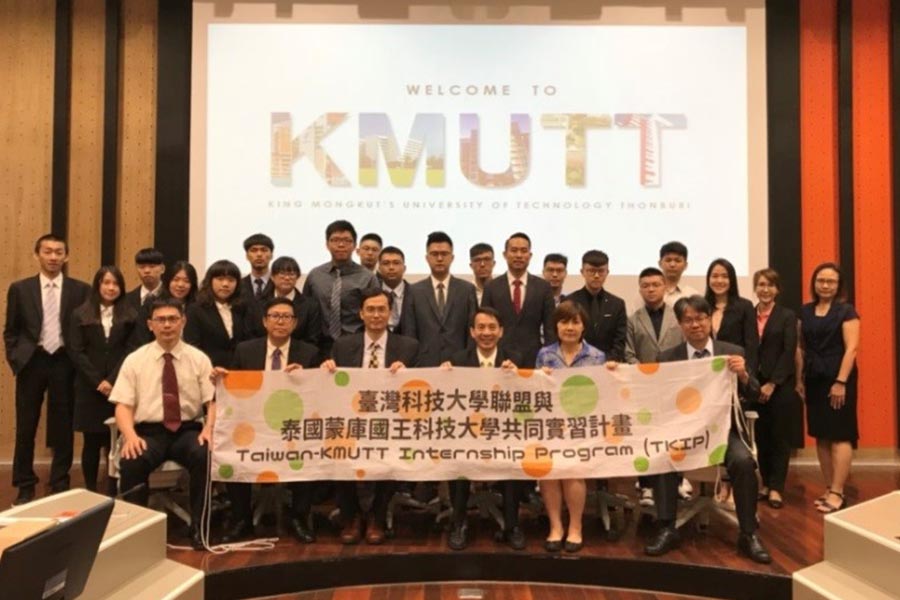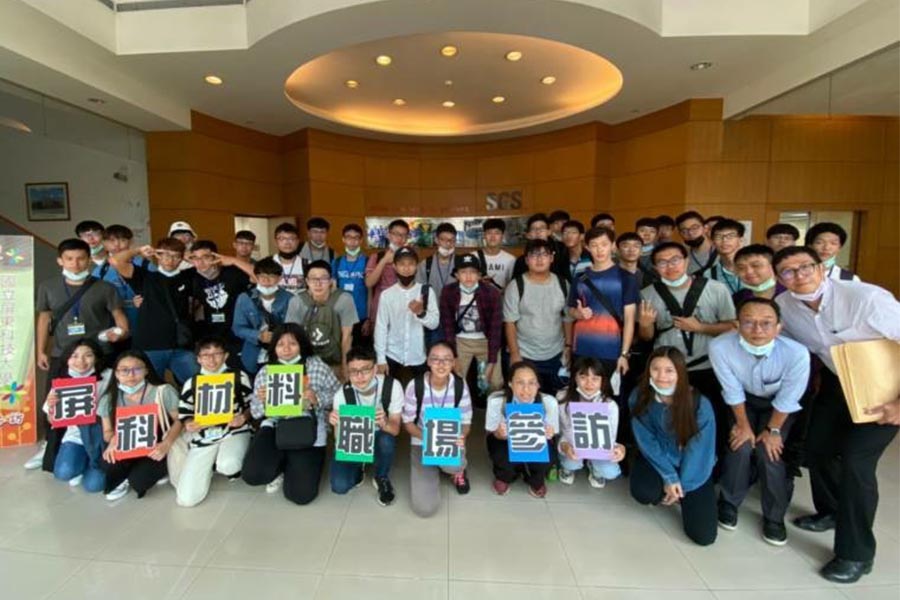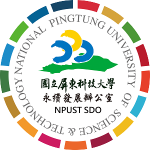NPUST has just received the official documents of approval from the Ministry of Education to restructure its Bachelor’s Degree Program in Advanced Materials and create a Department of Materials Engineering. The current program will merge with the university’s Institute of Materials Engineering and formally establish the new department in 2022.
In the suburbs of Pingtung county, this unique bachelor program overcame the limitations of its location with a one of a kind “mentor-apprentice approach” and a spirit and teaching philosophy designed to “cultivate international-caliber engineers for high-tech industries”. As a result, over the past three years, it has continuously achieved excellent enrollment results when compared with other national universities of science in Taiwan—and it has done this even as low birthrates are putting downward pressure on enrollment numbers. Attracting students from all around Taiwan, their success has been attributed to a unique teaching approach and model of operation which turns students into the type of professional talent that industries are looking for.
Program director, Professor Chia-Yen Lee, said that the materials program is supported by the Institute of Materials Engineering which has many advanced instruments and excellent R&D capabilities. As a result, students in the program are able to enjoy sufficient resources throughout a course of study which follows a special “four-praxis” approach (experiment, implement, practice, intern). Not only do the students gain knowledge through the lectures from faculty, foreign associate professors and industry professionals, but almost all of their major materials courses involve advanced hands-on experiments or practical exercises with instruments and equipment. Pushing further, in 2021 the materials program set a 550-point TOEIC score as the English threshold for new student enrollment. The goal is to graduate students who will be able to enter high-tech industries with professional skills and language capabilities which are in line with international standards.
As part of their “mentoring and apprenticeship” teaching approach, undergraduate students in the program are given access to various feature labs which were originally only for students in the master’s and doctoral programs. This way, freshmen and sophomores who would like to start exploring the mysteries of materials technology early on, have the opportunity to do just that. Also, tailor-made study plans are created for these eager students, and whether they are learning about cutting-edge instruments, working to acquire technical certificates, or getting ready for future internships or overseas exchanges, professors are there almost year round to provide advice and consultation.
A fourth-year student surnamed Lin said that after strengthening her professional skills and language abilities year after year in in the materials course, she seized the opportunity to do an internship at a foreign company through the Ministry of Education’s Overseas Study Dream Program. During her summer vacation, she traveled to Thailand where she took part in two-month internship at an international company, gaining valuable life experience and bolstering her resume. Currently preparing to enter a master’s program at National Cheng Kung University, Lin said that compared with her high school classmates who studied at other universities, her four years at NPUST can be said to be the most important turning point her life!
The NPUST Advanced Materials Bachelor’s Degree Program has won praise from both students and parents alike for providing a learning model that takes into account both theory and practice. Now, with its newly created Department of Materials Engineering, NPUST will be able to scale up its material engineering research and education and cultivate even more high-level material technology professionals for the industry.





